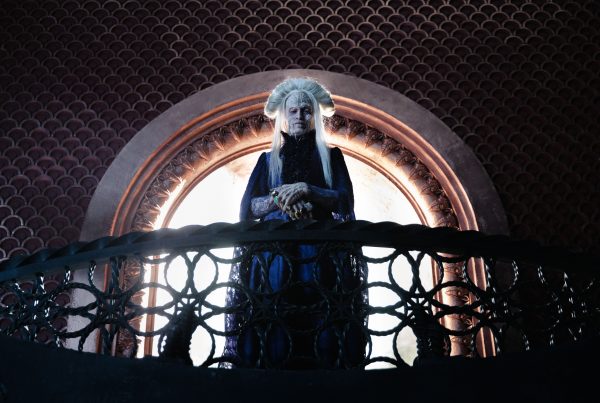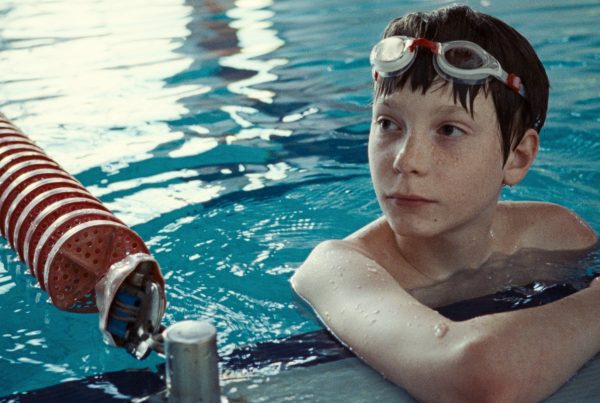It must be exhausting to be Ethan Hunt, the secret agent man played by an ageless Tom Cruise for, now, six films in the “Mission: Impossible” series. Everywhere he goes, many people want to kill him. In “Fallout,” opening today, he has to avoid certain death at the hands of a shadowy international terrorist syndicate, his country’s own Central Intelligence Agency, and a sniper’s bullet fired by a ex-spook from MI6. He has to dodge death even in places normally free of menacing heavies, including a posh Parisian fundraiser and the hallowed halls of a hushed cathedral. If he ever went to pick up Chinese takeout, he would presumably do so at his existential peril.
The stakes of “Fallout,” expressed to our hero via self-destructing package to his spartan cot in Belfast, are, as always, global annihilation. The mission, should Hunt choose to accept it, is to prevent stolen plutonium from being nuclearized by a splinter cell bent on destroying the holy sites of the world’s largest religions.
Straightforward enough, right? Not when even his closest colleagues, like the CIA toady (Henry Cavill) with whom he’s forced to team up, cannot be trusted. Facades within facades are exposed and revealed, in a twisty narrative that is somehow both overcomplicated and reductively simple at the same time.

Writer-director Christopher McQuarrie, helming his second “M:I” film following 2015’s “Rogue Nation,” delights in upending our expectations, but his dialogue is preposterous and wooden. Multiple villains openly voice sentiments like “destroying the old world order,” a term nobody actually says outside the fevered fantasies of Bilderberg conspiracy theorists.
McQuarrie could glean more from the jokey Marvel movies that don’t take themselves seriously. Yet an acknowledgment that the characters are living in a ridiculous action-movie simulacrum does, occasionally, surface in this film, captured best by a brilliant gag involving a real CNN anchor. It’s there every time the camera lingers for a beat longer than it should on Cruise, as he delivers one of his droll, “what did I get myself into?” looks. And it’s present when one character incredulously remarks, of Ethan’s apparently effortless command of a chopper’s controls, “You can fly a helicopter?”
Yes, folks, there is nothing Ethan cannot do. Perhaps even more than past entries in this series, he’s an indestructible superman with an impossibly broad skill set. He braves a suicidal skydive through a lightning storm; patrols both a car and a motorcycle through the aboveground and subterranean streets of Paris, with a deeper knowledge of the city’s grid than most locals; scales a mountain in Kashmir without any hand- or footholds; and literally leaps buildings in single bounds.

It’s admittedly exciting to watch. Action scenes are where McQuarrie most excels. From the sensational stunt work to cinematography that’s storyboarded logically and paced for maximum suspense, “Fallout” probably succeeds in upping the ante from previous “M:I” films, with Ethan’s mortality ever more precarious, and the ambitious set pieces ever more baroque.
Then again, I probably said the same about “Rogue Nation,” and, three years later, I can scarcely remember its particulars. But I can vividly recall the surgical precision with which a dangling Ethan Hunt stole the NOC list in Brian De Palma’s 1996 original. “Fallout” is pure entertainment; the first “Mission: Impossible” was pure cinema.







